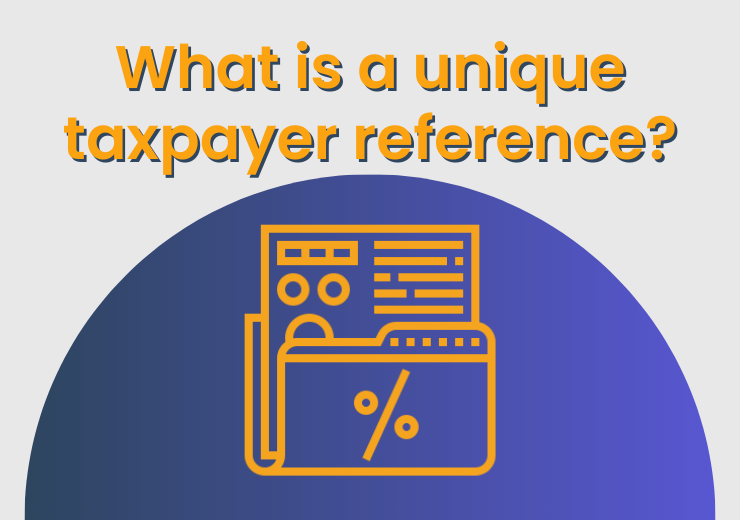Unraveling the Complex World of Taxation
Tax season can be a daunting time for many individuals, especially if you are unfamiliar with the various terms and codes associated with the tax system. One such code that often leaves people perplexed is the Unique Tax Reference (UTR). In this article, we will dive deep into the world of UTRs, demystifying what they are, why you need one, and how to obtain it. So, let’s get started on your journey to understanding your UTR and taking control of your tax affairs.
What Exactly is a UTR?
Your Unique Tax Reference (UTR) is a 10-digit code assigned to you by Her Majesty’s Revenue and Customs (HMRC) in the United Kingdom. It is a crucial identifier that allows HMRC to track your tax obligations accurately. Think of it as your personal tax fingerprint.
Why Do You Need a UTR?
Ensuring Accurate Tax Assessment
One of the primary reasons for having a UTR is to ensure the accuracy of your tax assessment. When you file your tax returns, your UTR helps HMRC match your financial information with your tax records, reducing the chances of errors or discrepancies.
Self-Employment and Business Ventures
If you are self-employed or involved in any business activities, you are legally required to have a UTR. It enables HMRC to monitor your income, expenses, and tax liability associated with your business endeavors.
How to Obtain Your UTR
Registering for Self-Assessment
To obtain your UTR, you must first register for Self-Assessment with HMRC. This can be done online through the official HMRC website. Once registered, you will receive your UTR within a few weeks.
Contacting HMRC Directly
If you prefer a more direct approach, you can contact HMRC’s helpline and request your UTR. Be prepared to provide personal information and details regarding your source of income.
Safeguarding Your UTR
Keep it Confidential
Your UTR is a sensitive piece of information, and you should treat it as such. Never share your UTR with anyone unless it is a trusted financial advisor or HMRC themselves.
Secure Documentation
Keep all documents related to your UTR, such as tax returns and correspondence with HMRC, in a safe and organized manner. This will prove invaluable in case of any disputes or queries.
Conclusion
In conclusion, your Unique Tax Reference (UTR) is a vital component of your tax affairs in the United Kingdom. Understanding what a UTR is, why you need it, and how to safeguard it can go a long way in ensuring a smooth and hassle-free tax experience. So, whether you’re a seasoned taxpayer or just starting your journey, always keep your UTR in mind.
FAQs
1. Is my UTR the same as my National Insurance Number?
- No, your UTR and National Insurance Number are two distinct identifiers. Your UTR is solely for tax purposes, while your National Insurance Number is used for social security and benefits.
2. Can I change my UTR if it has been compromised?
- It is challenging to change your UTR. If you suspect it has been compromised, contact HMRC immediately to address the issue.
3. Do I need a UTR if I only earn a salary from my job?
- Typically, individuals earning only a salary from employment do not require a UTR. However, certain circumstances may necessitate one, so it’s best to consult with HMRC.
4. What happens if I forget my UTR?
- You can find your UTR on previous tax returns, and statements from HMRC, or by contacting HMRC directly for assistance.
5. Is my UTR the same every year?
- Yes, your UTR remains the same unless you undergo significant changes in your tax status, such as becoming self-employed or starting a business.

